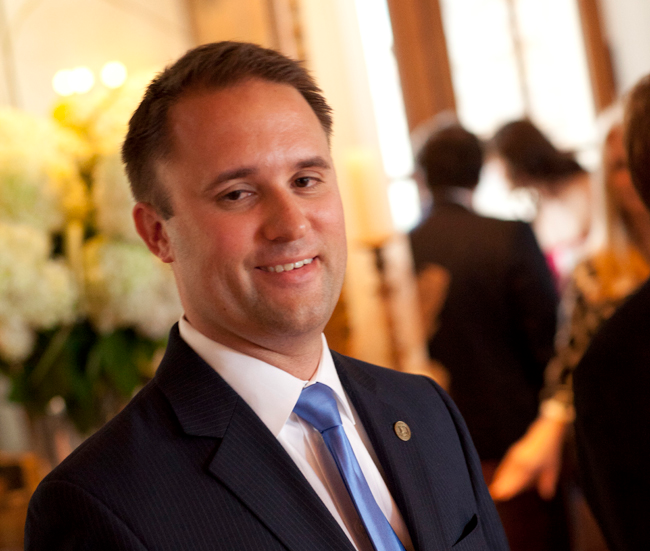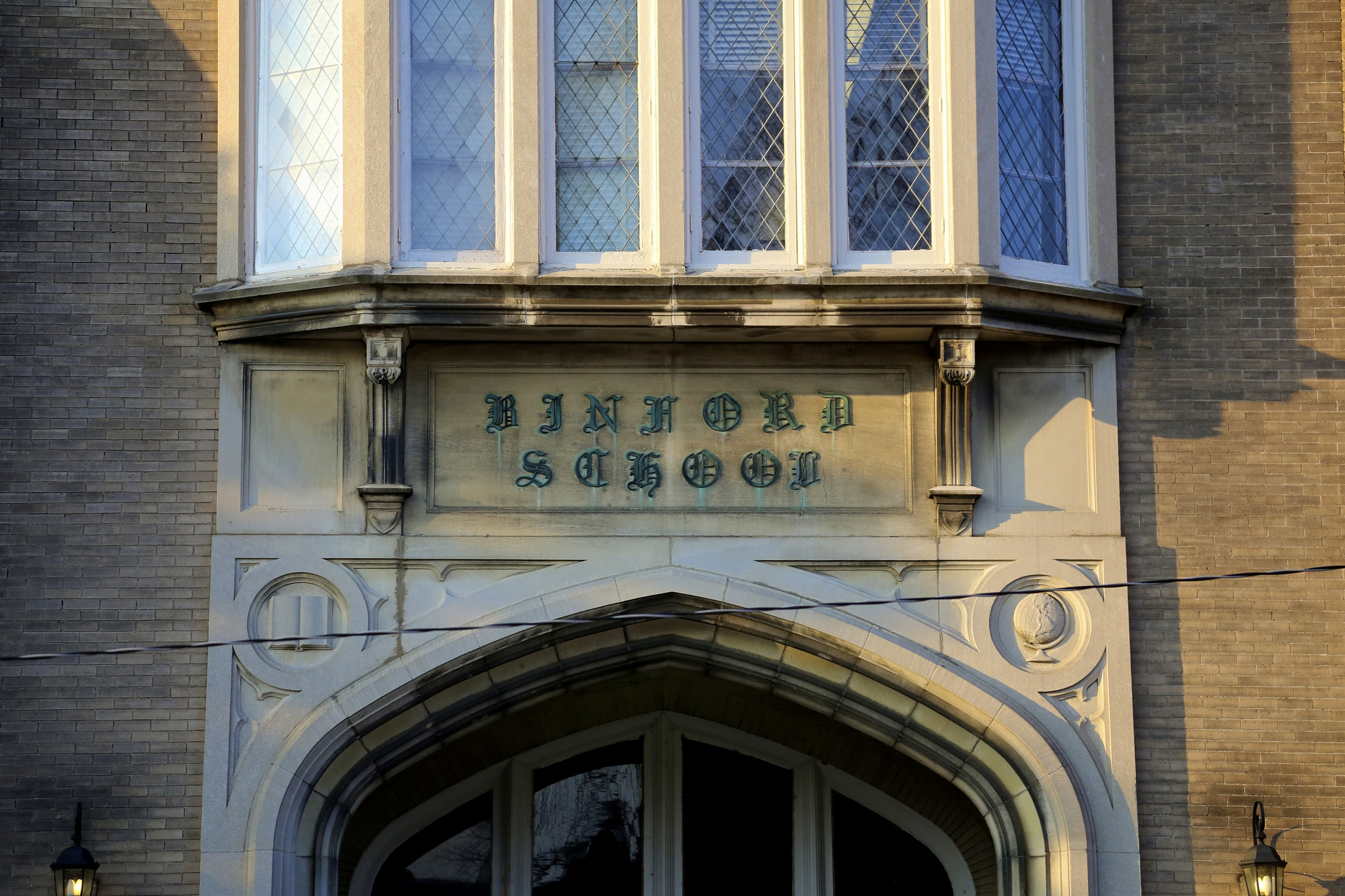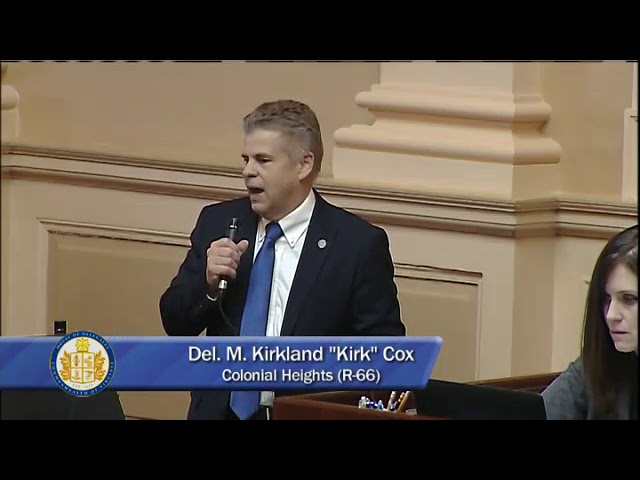Within President Donald Trump’s $4.7 trillion spending plan for the budget year that begins October 1 are the re-emergence of two healthcare battles he succumb to during his first year in the Oval Office. Trump is looking again to repeal the Affordable Healthcare Act (ACA), also known as “Obamacare,” and limit future federal spending on Medicaid for low-income recipients.
Under the budget, both programs would be turned over to the states starting in 2021, AP reports. The ACA would be replaced with grants that states could use to subsidize private insurance coverage, and Medicaid would be replaced with a block grant instead of the current open-ended federal commitment. Moreover, future federal spending increases would be tied to the rate of general inflation, which is lower than the inflation rate for healthcare.
Considering Democrats are in control of the House of Representatives, the president’s proposal has absolutely no chance of being enacted, and not many GOP lawmakers are willing to delve into yet another healthcare fight.
Nevertheless, the thought of ending an (for the most part) unlimited federal commitment to Medicaid funding in Virginia may create anxiety less than one year removed from the Commonwealth expanding access to healthcare for over 400,000 Virginians with limited income and resources. This is on top of what state budget analysts found out about Medicaid expansion late last year – Virginia’s government vastly underestimated the costs of the multi-billion dollar program.
The cost of healthcare for elderly and disabled low-income Virginians did not decrease at the rate state officials predicted, and less than stellar financial estimates for hospital and nursing home bills has led to a seemingly unanticipated $462 million more in funds that will be needed over the next two years. For Medicaid-related expenses, in 2019, the cost miscalculations will rise to $260 million.
This is only part of the story, however.
While Virginia must only foot around 10 percent of the Medicaid bill, leaving the other 90 percent to the federal government, there could come a day when a plan like what was proposed in Trump’s budget could pass through Congress. Even though block grants were proposed by Republicans in the Virginia legislature, Democrats, on the back of their 15-seat flip in the 2017 elections, decided to solve the problem of hundreds of thousands of citizens without proper healthcare coverage by dumping more money into a program that needs fixing.
Virginia’s Medicaid expansion is expected to use federal funds to actually save the state money, Democrats continually claim. However, there is nothing that quells the anxiety over the long-term solvency of the program if, one day in the future, the federal government rescinds the plan, leaving Virginia to pick up the entire bill.





